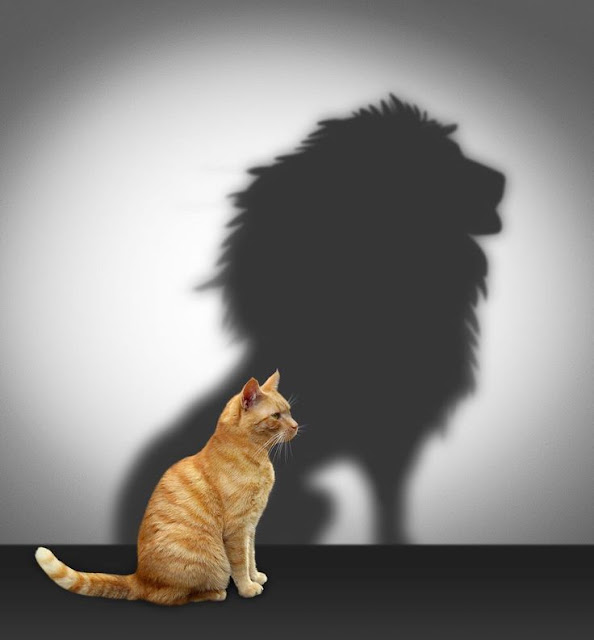Why a serving president wont wear a mini skirt or sagged pants and a nurse show too much decolletage
Why are we viewed differently when we wear different outfit at different times? I was coming back from home and i saw some group of men harassing a lady and the first thing that came to my mind was "what is she wearing?" Pardon me, am not been judgemental here but mehn she was dressed ready to be harassed. another scenario of a guy with his pants down wont want to make me take him serious even if i have a million Naira job for him, i will be judgemental. So how do you want to be addressed? Style is important and shapes your self-perception, the perception of others and your sense of belonging.
Firstly lets talk about what the HALO EFFECT is....
The halo effect is a type of cognitive bias in which our overall impression of a person influences how we feel and think about his or her character. Essentially, your overall impression of a person ("He is nice!") impacts your evaluations of that person's specific traits ("He is also smart!").
One great example of the halo effect in action is our overall impression of celebrities. Since we perceive them as attractive, successful, and often likeable, we also tend to see them as intelligent, kind, and funny.
We attribute personality qualities to people we have only seen, even though we have never met them, and the qualities have nothing to do with their looks. This phenomenon happens unconsciously - we are unaware of the bias we develop simply because of a person's attractiveness.
So why do you think a serving female president wont wear a mini skirt and a nurse wont show too much decolletage?
These are basic question we should ask ourselves and ponder upon.
She is not my type. He couldn’t hack it. She looks friendly. He looks efficient. I can tell she is an extrovert.
We make snap judgements about people from the clothes they wear.
If you wear a white coat that you believe belongs to a doctor, your ability to pay attention increases sharply. But if you wear the same white coat believing it belongs to a painter, you will show no such improvement.
So scientists report after studying a phenomenon they call en-clothed cognition: the effects of clothing on cognitive processes.
How we behave is clearly affected by the clothes we wear. When we dress up formally in a tuxedo or evening gown our behaviour tends to be entirely different from that when we are wearing golf or tennis clothes. In those professions requiring uniforms, such as the military, police, fire department, etc., the importance of the effect of a uniform on behaviour of both the wearer and the observer is well-recognised. The uniform embodies respect, and incorporated with that respect is specific, expected behaviour from the person wearing the uniform. How a soldier behaves when wearing the uniform is carefully dictated and is different from that behaviour allowed when the soldier is “out of uniform.”
Our world is made up of people with different personalities. Acceptance of how people dress allows for freedom of expression and also permits for the freedom to evaluate people by their choice of attire. It is important for individuals to realise that with regard to first impressions, we do judge the book by its cover.
'Putting on different clothes creates different thoughts and mental processes.
We have to be more aware of this, to understand how changing our clothes can change our mood and our thoughts and how we will be perceive because it will breeds either good or bad reception from people.










Comments
Post a Comment